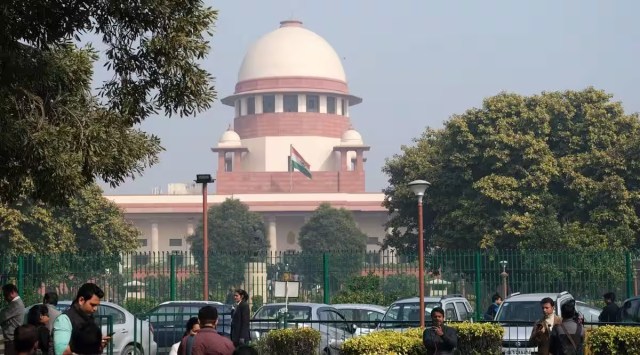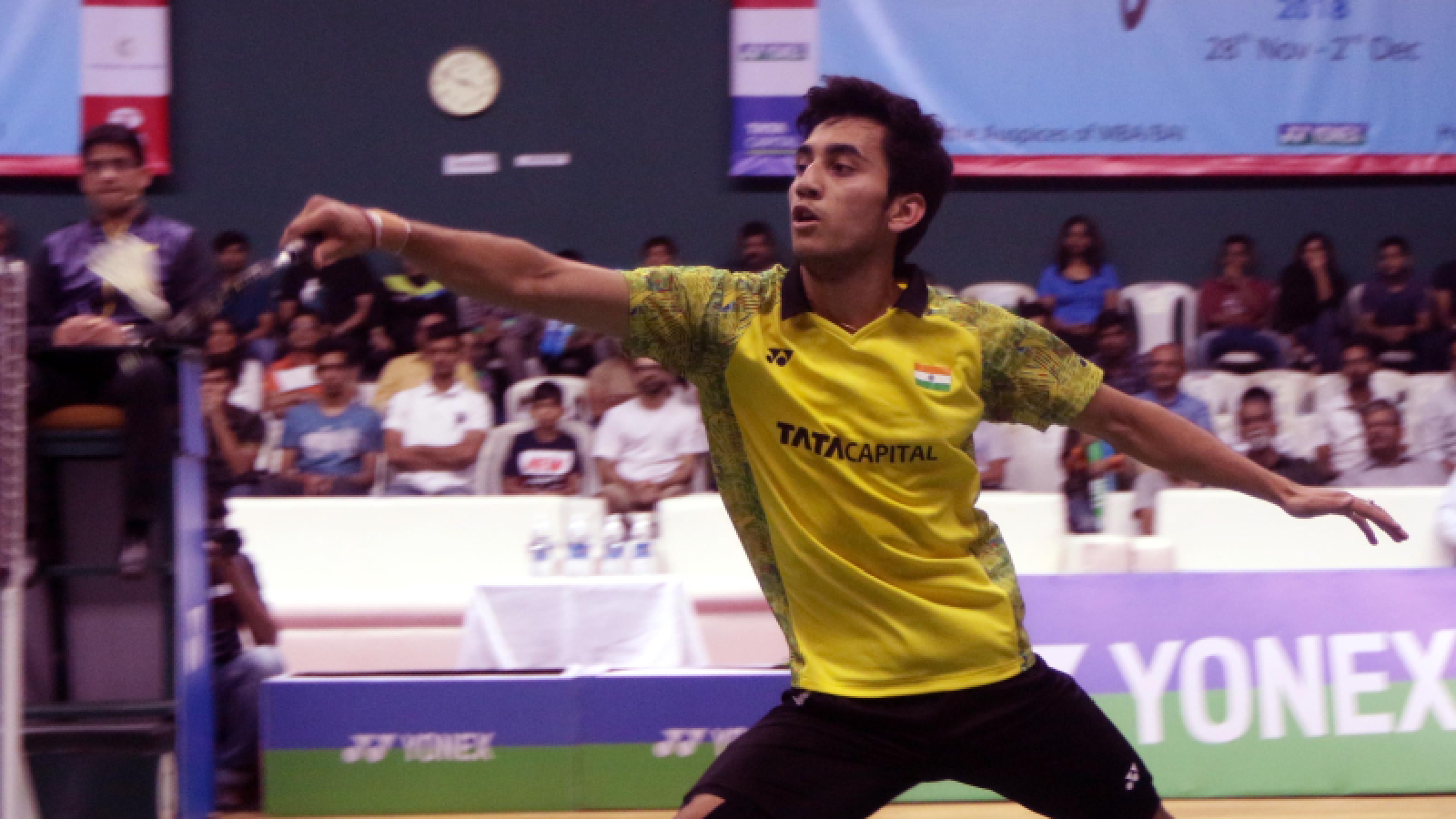The Chief Justice of India, D Y Chandrachud, established a seven-judge bench on Monday to review the 1998 five-judge Constitution bench ruling in the P V Narasimha Rao case. This case debated whether parliamentarians can be prosecuted for their speech or vote in Parliament.
The bench, led by the CJI, will include Justices A S Bopanna, M M Sundresh, P S Narasimha, J B Pardiwala, Sanjay Kumar, and Manoj Misra. The bench will commence hearings on October 4, 2023.
On September 20, a five-judge constitution bench chaired by the CJI decided that the majority view in the P V Narsimha Rao case should be reviewed by a larger seven-judge bench. This is a significant issue concerning our political system.
The larger bench will examine the interpretation of Articles 105(2) and 194(2) of the Constitution, which grant privilege to members of Parliament and state legislatures. The Supreme Court emphasized that these provisions are intended to ensure freedom for legislators to fulfill their duties without fear of consequences.
The case arose from bribery allegations against MLA Sita Soren in connection with the 2012 state elections. Despite the allegations, Soren maintained that she did not vote for the alleged bribe giver and had cast her vote for a candidate from her own party.
Soren sought to quash the charges against her under Article 194(2), but the High Court refused, stating that she did not vote for the alleged bribe giver. The matter was then brought before the Supreme Court, which decided to refer it to a larger bench for consideration.
The Attorney General argued that the Narasimha Rao judgment did not apply to this case as the immunity only covers actions related to parliamentary business. However, the Supreme Court emphasized the importance of addressing the issue promptly to uphold public morality.





+ There are no comments
Add yours